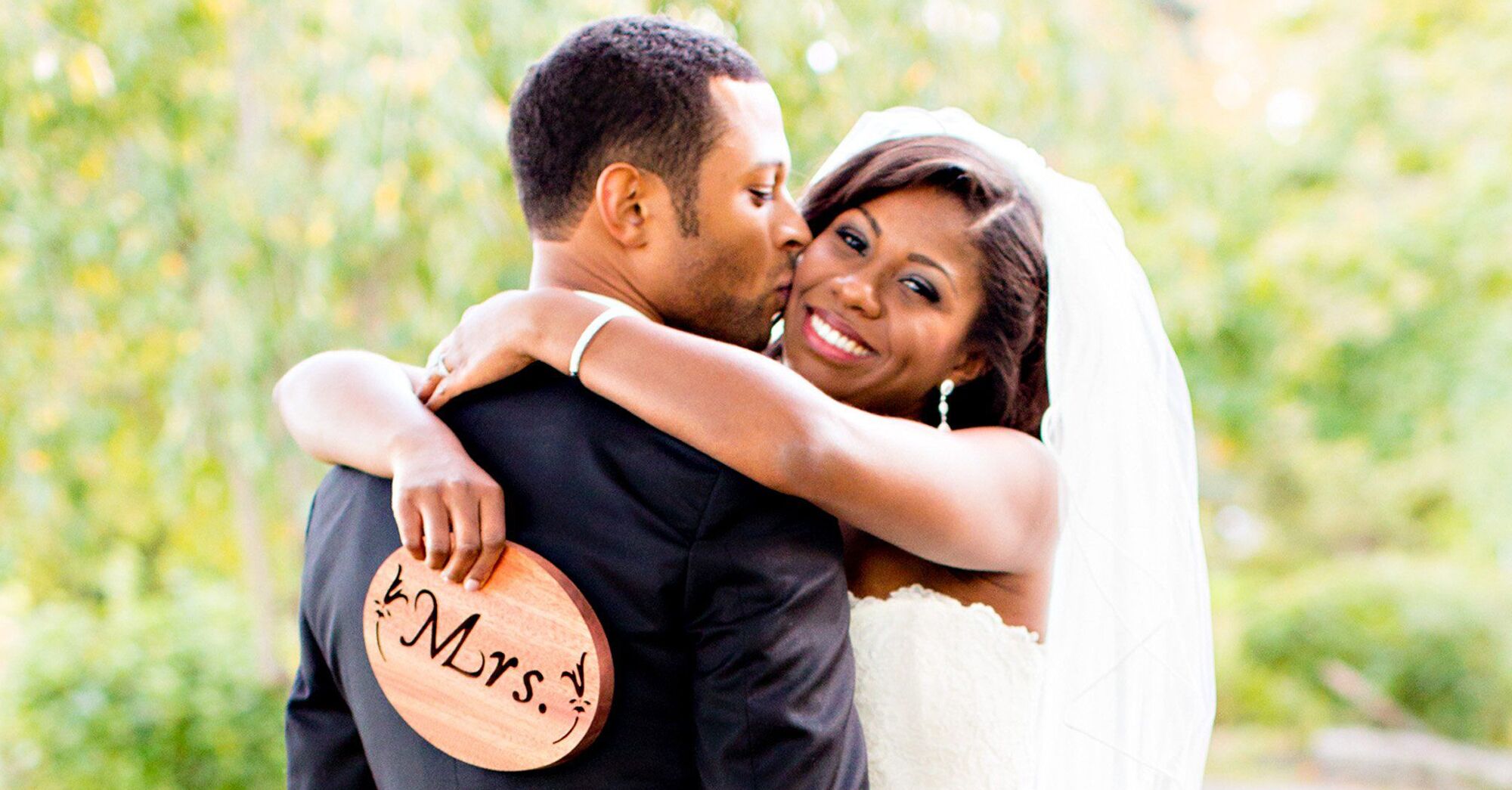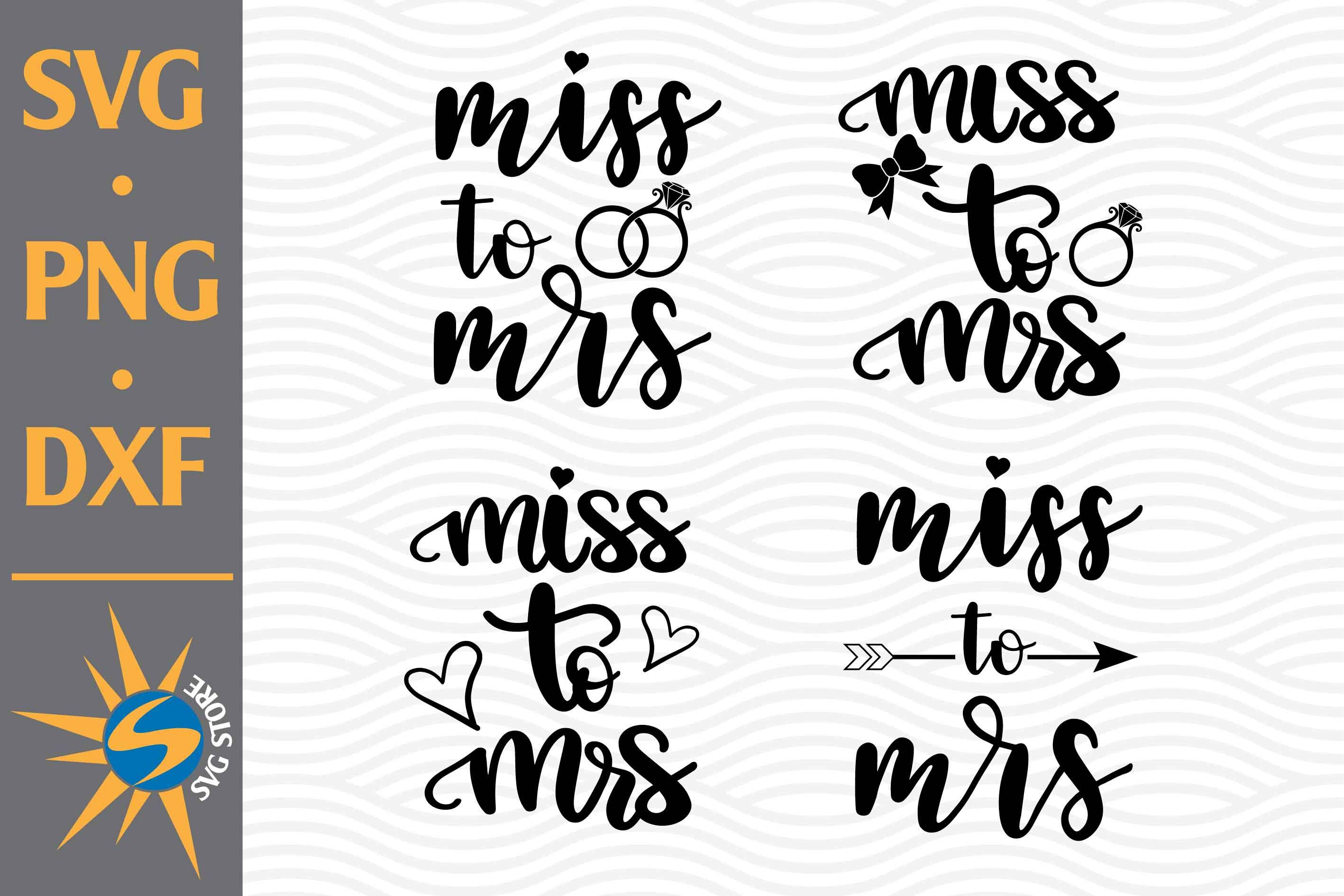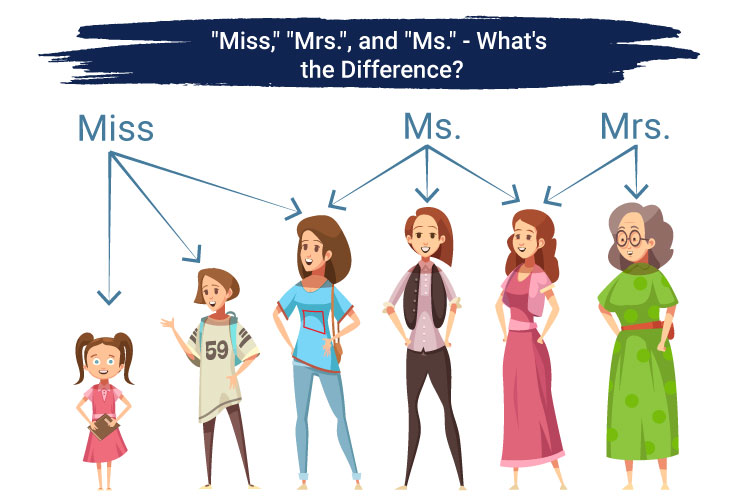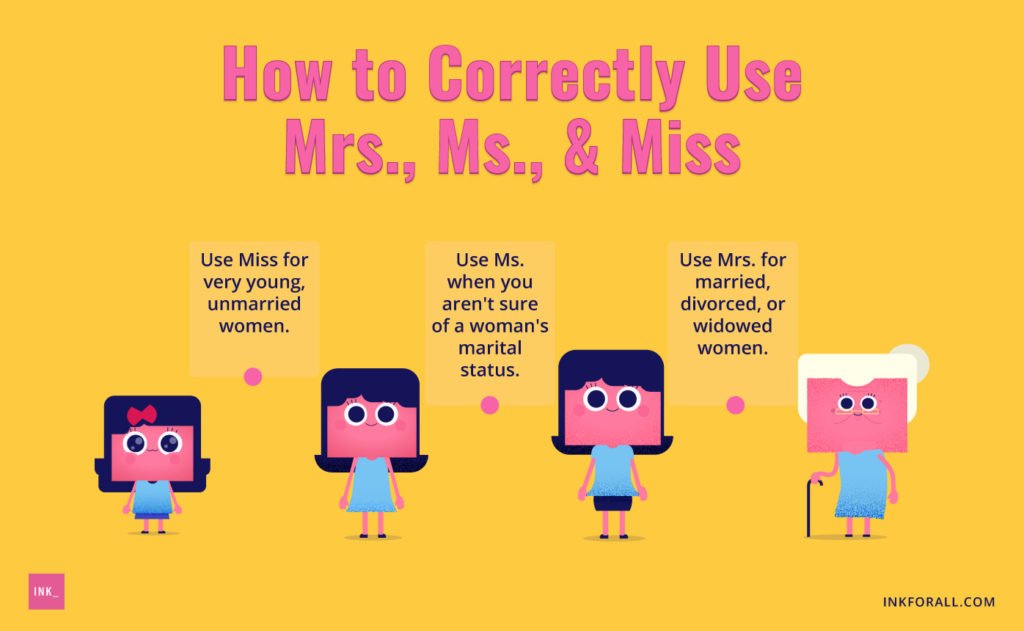
Miss to Mrs. Hand Lettered Cut File SVG PNG EPS DXF
When to Use Mrs. Mrs. (pronounced MIS-iz) is a form of abbreviated address that specifies a married woman. Where we can also refer to a married woman as Ms., we would not refer to a single woman as Mrs. Mrs. has no standard spelling. In nonfictional quotations and dialogue, Mrs. will typically retain its abbreviated form.

when should you use miss , mrs or ms English fun, Learn english vocabulary, English writing
In some contexts, "mistress" describes a woman having an affair with a married man, so be careful! Today, we use "Miss" for young girls or unmarried women. "Mrs." is the abbreviation of "missus" and refers to married women. "Ms." came about in the 1950s as women sought to differentiate themselves from being known by their.

Miss And Mrs. Cops Dramaqu Kordramas Two Cops Kita / There are no featured reviews for because
Ms. is a general title that does not indicate marital status but is still feminine. Mrs. is a traditional title used for a married woman. Miss is a traditional title used for an unmarried woman. Mx. is a title that indicates neither marital status nor gender. Uses of Miss

Miss To Mrs svg file Engagement svg instant download Use Etsy
Geraldine Downer, 40, from Mexico City who is married explains why she uses Ms. "I live in Mexico, where it's not obligatory to change your surname when married. "I have been married for nearly.

Miss, Mrs., Ms.—What's the Difference Between Them?
Miss is used to describe a female child or an unmarried woman. Mrs. is the proper title of respect for women that are married or widowed. Ms. is different than Miss and Mrs. because it doesn't refer to marital status. This makes Ms. the perfect option if you aren't aware of which title to use.

Miss to Mrs. Hand Lettered Cut File SVG PNG EPS DXF
The Meaning of Mrs. Mrs. (pronounced MIS-iz) is similar to Miss, except that it refers to a married woman. The other difference is that Mrs. is not used as a stand-alone title; to be polite in addressing a married woman without including her last name, speakers of American English would often refer to her as ma'am. Examples

Miss To Mrs SVG, PNG, DXF Digital Files Include By TheHungryJPEG
Mrs (pronounced [ miss -iz]) is used to address a married woman of any age. Miss (pronounced [miss]) is used to address a young unmarried woman or girl. Table of contents Miss vs Ms How to use Ms How to use Mrs How to use Miss What does Mx mean? Punctuation with Ms, Mrs, Miss, and Mx Frequently asked questions Miss vs Ms

How to Use Personal Titles Mr., Mrs., Ms. and Miss ESLBUZZ
Miss, Mrs., and Ms., while all titles used for women, have very different implications. "Mrs." is used for a woman who is married (or who has been married, since she may be widowed or divorced) and has taken her husband's name. "Miss" is a title of respect used for an unmarried woman or a young girl. "Ms." can be used for a.

Miss Vs Ms. Vs Mrs. When To Address A Woman By Mrs., Ms., And Miss 7 E S L
Female Honorifics: Miss, Mrs. and Ms. Traditionally, female honorifics are based on a woman's marital status: "Miss" refers to an unmarried woman. "Mrs." refers to a married woman. These are still common today. However, we don't always know the marital status of the person we're addressing. And some women prefer not to be defined.

What's the Difference Between Miss, Ms., and Mrs.?
Historically, "Miss" has been the formal title for an unmarried woman, while "Mrs." refers to a married woman. "Ms." is used by and for unmarried and married women.

"Ms.," "Mrs.," or "Miss"?
The Key Differences The key differences between all of these terms revolves around a female guest's marital status. Miss is typically reserved for young, unmarried women; use Ms. if Miss.

How to Know the Difference Between Miss, Mrs., and Ms. Grammarly
Ms., Miss, and Mrs. all sound similar, but they have different meanings and uses. Ms. is a title preceding a woman's name who is unmarried or whose marital status is unknown or unimportant. Miss is a title preceding the name of an unmarried girl or woman. Mrs. is a title preceding a married woman's surname.

Miss to Mrs Box The Ultimate Bridal Subscription Service Modern MOH
Ms. is a more universal alternative and you won't break your head thinking if you've made an uncomfortable situation. If you're in a business setting, this certainly shouldn't happen. To sum it up, if you're addressing young women that are 18 or younger, Miss is a safe bet.

"Miss," "Mrs.", and "Ms."What's the Difference?
Miss. Like "Ms." and "Mrs.," the contraction "Miss" is short for "Mistress." It is used for an unmarried woman. It is highly appropriate to use "Miss" for a young girl or woman below marrying age. "Miss" can also be used for a previously married woman, but you should only use "Miss" if you know the woman uses this title for herself.

Is it Mrs. or Ms. or Miss? How to Address Women With Respect INK Blog
The title Ms. is an honorific used to refer to any woman, regardless of marital status. Generally speaking, it is considered proper etiquette to use Mrs. to refer to married women, Miss to refer to unmarried women and young girls, and Ms. to refer to a woman of unknown marital status or when marital status is irrelevant.

Miss to Mrs Printable Sign Etsy
Ms. vs Mrs. - What's the Difference Ms., Miss and Mrs. are three different ways to address women, normally as a title used before a surname. The words have very different contexts, however, and using them incorrectly can make your writing seem clumsy and even cause offense.